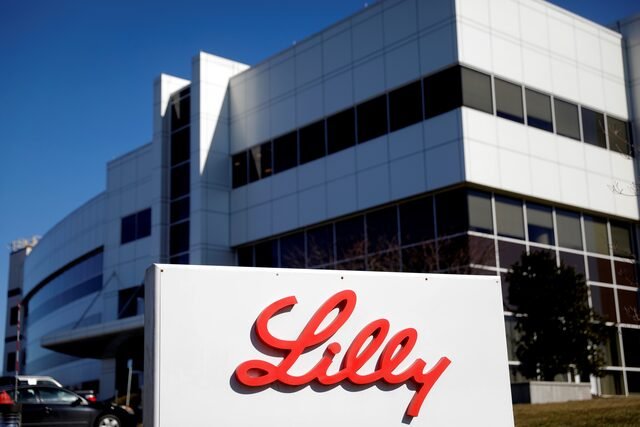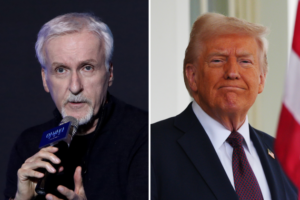February 26, Washington: In a significant move to bolster domestic pharmaceutical production, Eli Lilly has unveiled plans to invest at least $27 billion in building four new manufacturing plants across the United States. The announcement, made at a press conference in Washington on Wednesday, comes as the drugmaker navigates potential tariffs on drug imports proposed by the Trump administration. The new facilities, expected to be completed within five years, will create over 3,000 skilled jobs for engineers and scientists, along with 10,000 construction jobs.
The locations of the plants will be disclosed later this year. This expansion builds on Lilly’s existing 23billioninvestmentinU.S.manufacturingsince2020,bringingitstotalcommitmenttoover23billioninvestmentinU.S.manufacturingsince2020,bringingitstotalcommitmenttoover50 billion. Three of the new plants will focus on producing pharmaceutical raw materials, while the fourth will manufacture injectable medicines.
A Response to Tariff Pressures
The announcement follows a recent meeting between President Donald Trump and top pharmaceutical executives, including Lilly CEO David Ricks, to discuss industry concerns, particularly the threat of import duties. Trump has floated the idea of imposing a 25% tariff on pharmaceutical imports to incentivize domestic production. U.S. Secretary of Commerce Howard Lutnick praised Lilly’s move, calling it “exactly what the President was hoping would happen.”
Ricks emphasized the importance of exempting medical supplies from potential tariffs and continuing tax reforms to support domestic manufacturing. He credited the Trump administration’s tax-cutting policies for enabling Lilly’s investments in U.S. production. However, despite earlier discussions about exempting pharmaceuticals from tariffs, no final decision has been made.
Broader Industry Trends
Lilly’s announcement aligns with a broader trend of companies increasing their U.S. manufacturing footprint. Earlier this week, Apple revealed plans to invest $500 billion domestically over the next four years, though analysts noted some of this spending includes existing commitments. For decades, the U.S. and its trading partners have maintained reciprocal tariff exemptions for pharmaceuticals and related chemicals, a policy that could be at risk under new trade measures.
Focus on Healthcare Innovation
Ricks also highlighted Lilly’s collaboration with the Biden administration to finalize a rule requiring Medicare and Medicaid to cover weight-loss drugs like Lilly’s Zepbound. Additionally, he expressed concerns about potential FDA staff reductions, noting that Lilly’s fees help fund the agency and stressing the importance of maintaining its operational capacity.
As the world’s most valuable healthcare company, with a market capitalization exceeding $855 billion, Lilly’s latest investment underscores its commitment to strengthening U.S. manufacturing while addressing global healthcare needs. This move not only supports domestic job creation but also positions the company to navigate evolving trade and regulatory landscapes.
For more news subscribe to questiqa.us








Average Rating